“Ubisoft and Tencent: A Partnership That Could Paradoxically End the Assassin’s Creed Era”
In a twist that feels straight out of an Assassin’s Creed plotline—where alliances crumble and hidden agendas reign—Ubisoft’s newly announced partnership with Tencent in early 2025 has sent shockwaves through the gaming world. Unveiled in March 2025, this collaboration promises to bolster Ubisoft’s flagging fortunes with Tencent’s financial muscle and mobile gaming expertise, starting with projects like Assassin’s Creed Jade. Yet, as of April 2, 2025, a growing chorus of fans and analysts argue that this deal, intended to save the French publisher, might ironically mark the beginning of the end for the Assassin’s Creed series—a franchise that’s sold over 200 million copies since 2007. Is this a lifeline or a death knell for Ezio’s legacy? Let’s dive into the details, the rumors, and the stakes.
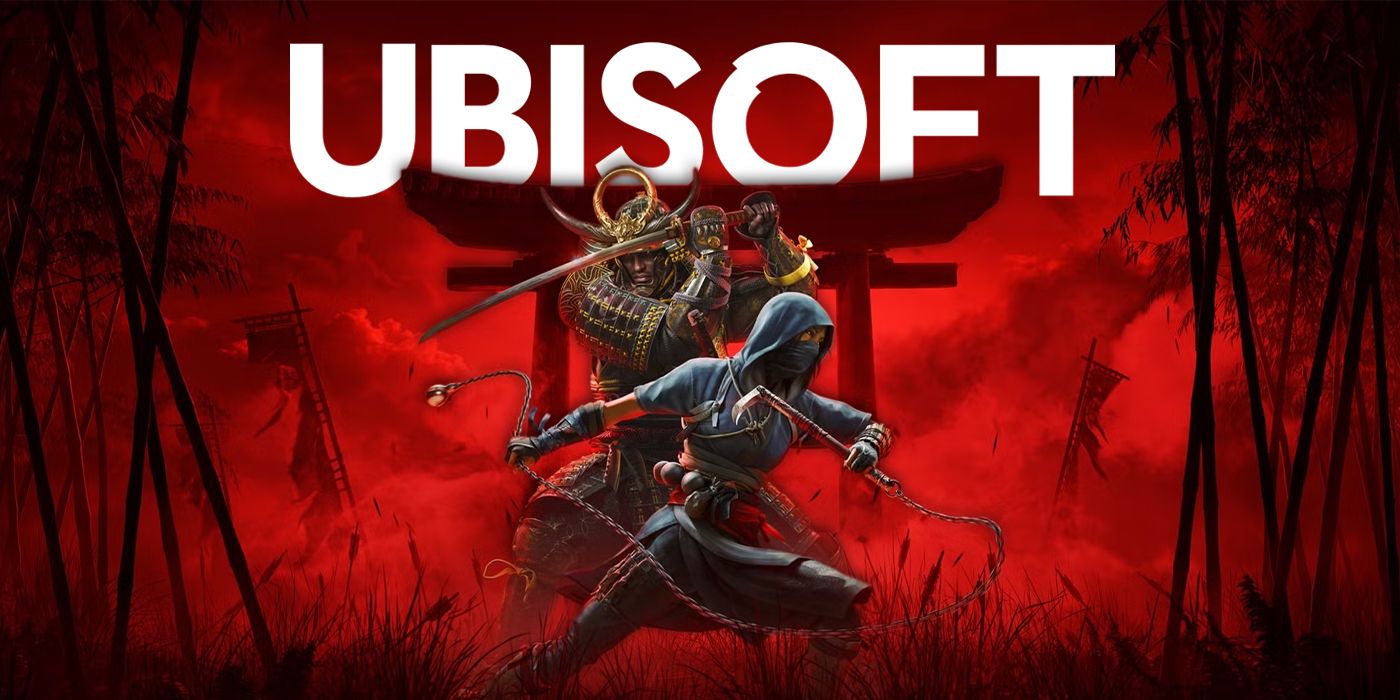
Ubisoft has been on shaky ground for years. Once a titan of the industry with hits like Assassin’s Creed II and Far Cry 3, the company has faced declining stock prices, internal scandals, and a string of underperforming releases—think Skull and Bones (2024, 64% on Metacritic) and Assassin’s Creed Shadows (February 2025, mixed reviews). By late 2024, rumors of a buyout swirled, with Tencent, the Chinese gaming giant behind Honor of Kings and a 49.9% stake in Epic Games, emerging as a key player. The deal, finalized in March 2025, saw Tencent increase its Ubisoft stake from 9.99% to 20%, injecting $500 million in capital while partnering on mobile titles and co-development projects. For Assassin’s Creed, this means Jade—a mobile open-world game set in Qin Dynasty China—gets a fast track, with whispers of more Tencent-led initiatives to follow.
What Will the New Partnership Entail?
Investing in a Complete Spinoff Subsidary
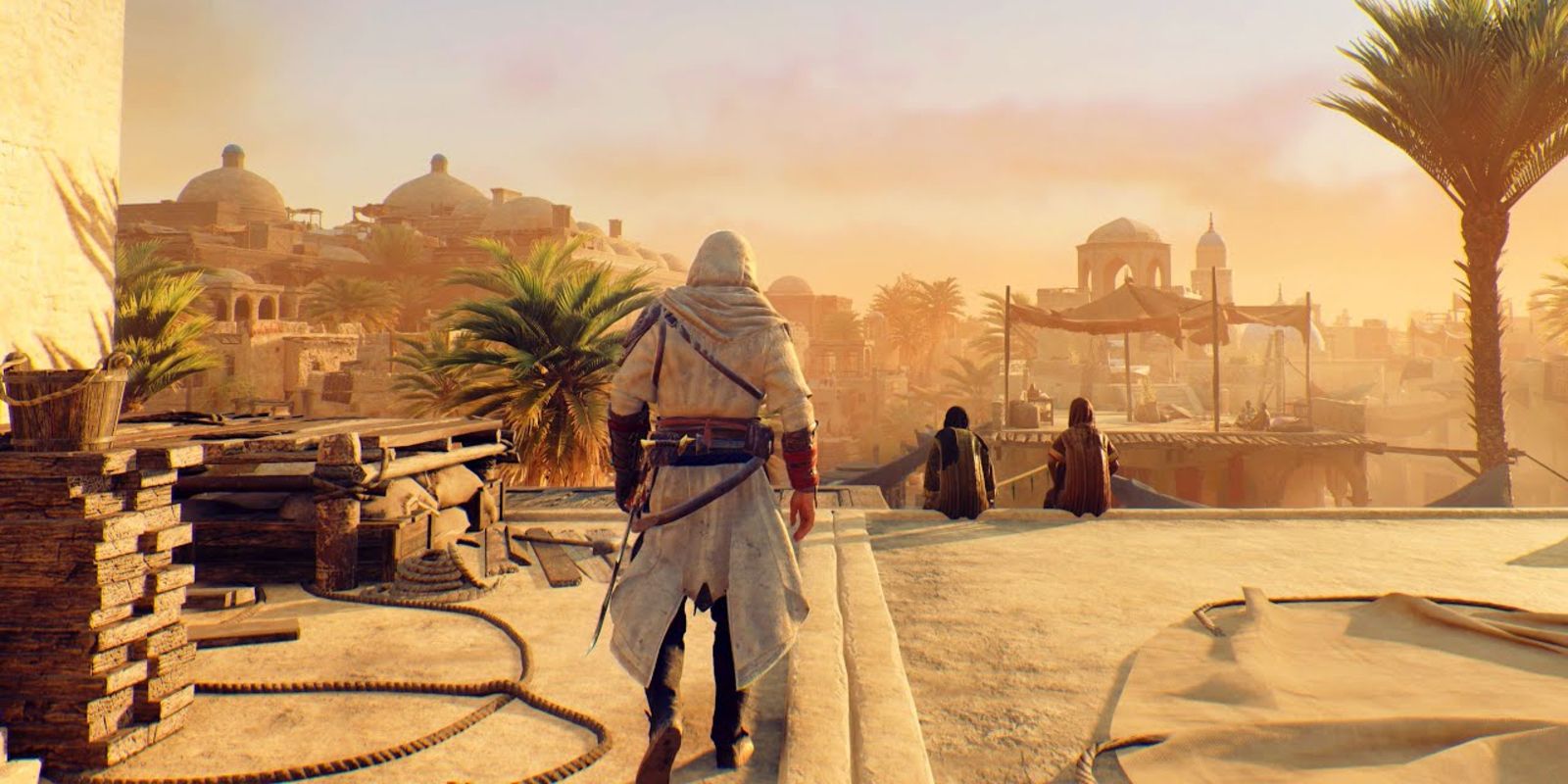
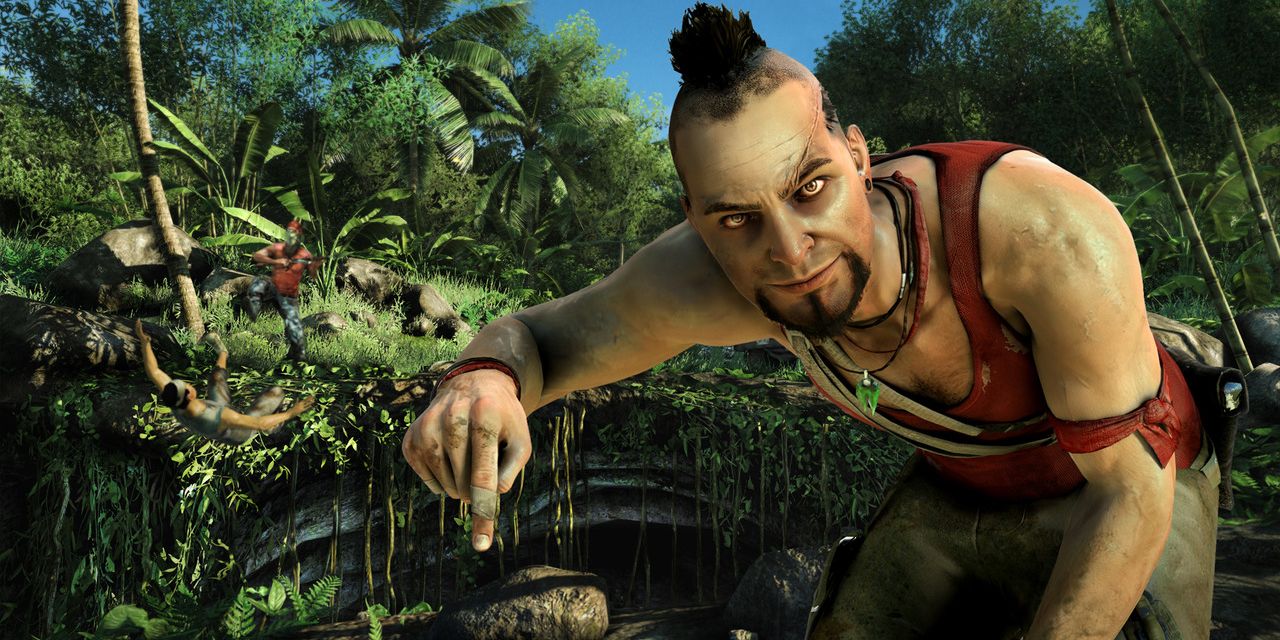
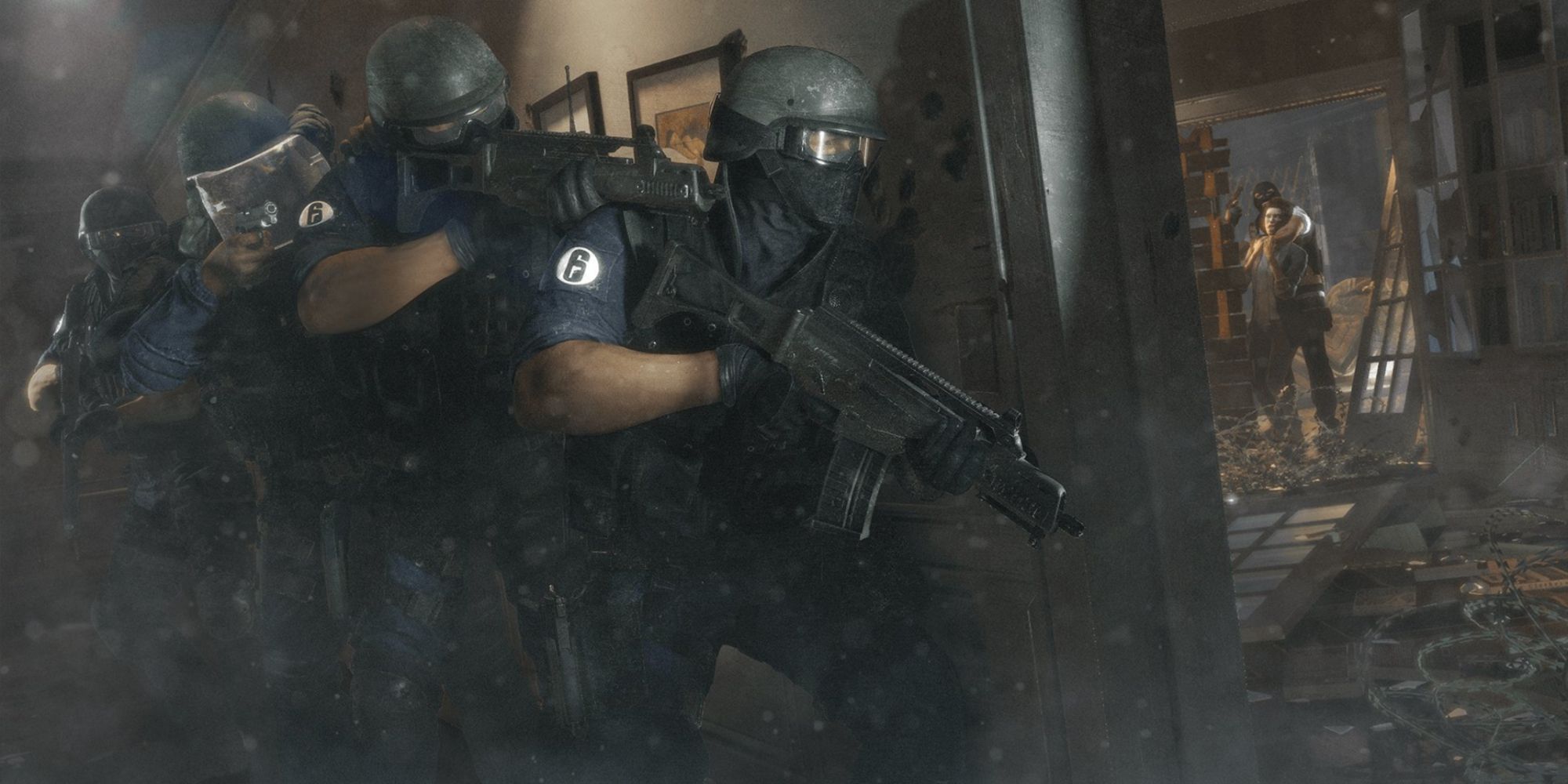
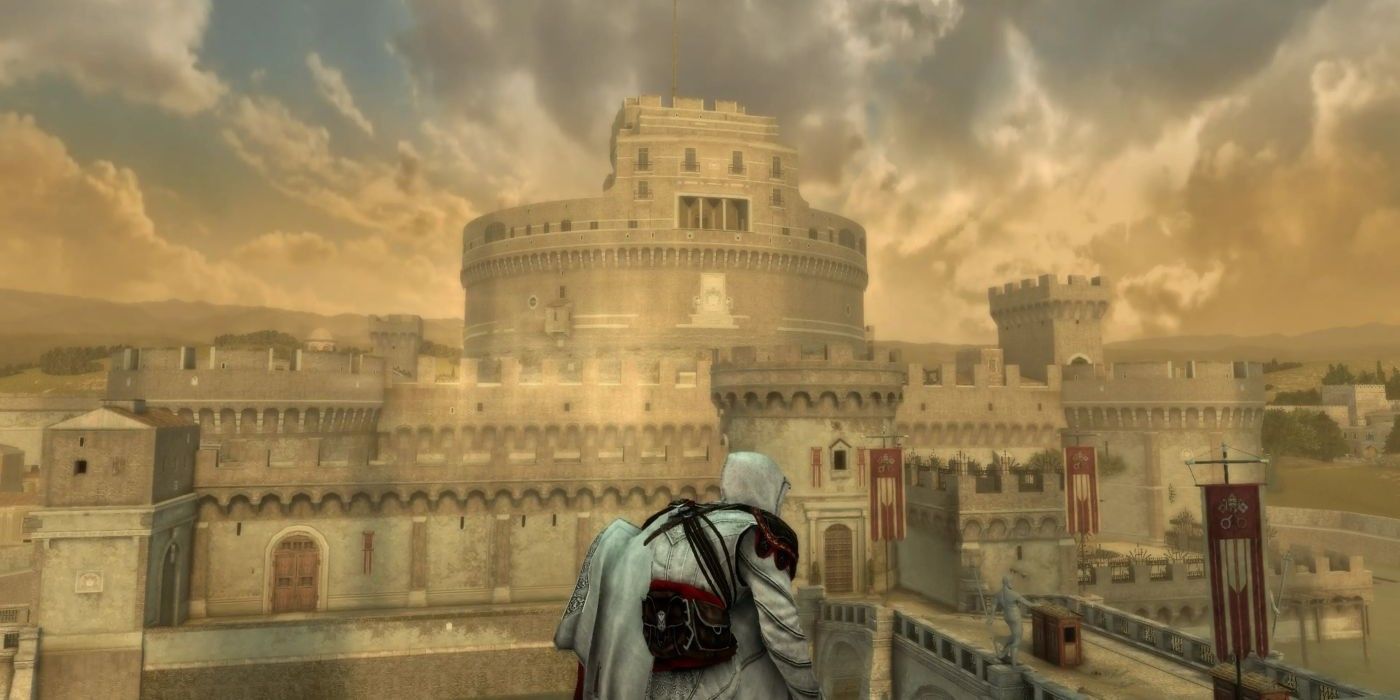




In a recent press release, Ubisoft outlined the details of their partnership, which includes Tencent investing €1.16 billion ($1.25 billion) into the creation of a new subsidiary dedicated to the Assassin’s Creed, Far Cry, and Tom Clancy’s Rainbow Six franchises. This subsidiary will be focused on better building game environments to be more evergreen and, of course, multi-platform expansion.
This includes introducing free-to-play models, expanding multiplayer, and integrating more social features – all while somehow claiming to also increase the quality of solo, narrative-driven experiences.
On paper, it’s a win-win. Tencent’s dominance in Asia’s mobile market (over $40 billion in revenue in 2024, per Statista) could expand Assassin’s Creed’s reach, while Ubisoft gains the cash to fund its 11 rumored AC projects, including Invictus and a Black Flag remake. Posts on X initially cheered the news, with @GamingInsider tweeting, “Tencent + Ubisoft = AC going global in a big way!” But beneath the optimism lies a darker narrative: that Tencent’s influence could erode the series’ soul, turning a once-narrative-driven franchise into a microtransaction-laden shell—a fate some fear signals its end.
Why the doom and gloom? Start with Assassin’s Creed Jade. Announced in 2022 as Codename Jade, this mobile title, co-developed with Tencent’s Level Infinite, promises a sprawling ancient China with touch-optimized stealth and combat. A 2023 beta impressed with its visuals, but leaks hinted at heavy monetization—loot boxes, battle passes, and premium currencies—hallmarks of Tencent’s free-to-play model seen in Genshin Impact (a MiHoYo title Tencent distributes). Web searches reveal fan backlash on Reddit, with threads like “Jade’s MTX Hell” predicting a pay-to-win grind that clashes with Assassin’s Creed’s traditional buy-once ethos. If Jade succeeds commercially but alienates core fans, it could set a precedent for the series’ future.
Then there’s Ubisoft’s creative control—or lack thereof. Tencent’s 20% stake doesn’t grant majority ownership (the Guillemot family retains 15% and veto power), but its influence is undeniable. A Bloomberg report from March 2025 noted Tencent’s push for “live-service elements” in Ubisoft titles, a shift already evident in Assassin’s Creed Infinity (now the Animus Hub) and Invictus, a rumored multiplayer game. Historically, Assassin’s Creed thrived on single-player epics—AC2’s Renaissance revenge, Black Flag’s pirate swagger—but recent RPG sprawls like Valhalla (100+ hours) and Shadows (buggy launch) suggest a franchise struggling with identity. Tencent’s expertise in games-as-a-service could tip the scales further, prioritizing retention over storytelling. X user @ACPurist warned, “Tencent’s gonna turn AC into a soulless gacha fest—mark my words.”
This Spells Bad News for Ubisoft IPs
Pointing to a Larger Trend of Profit-First Mindsets
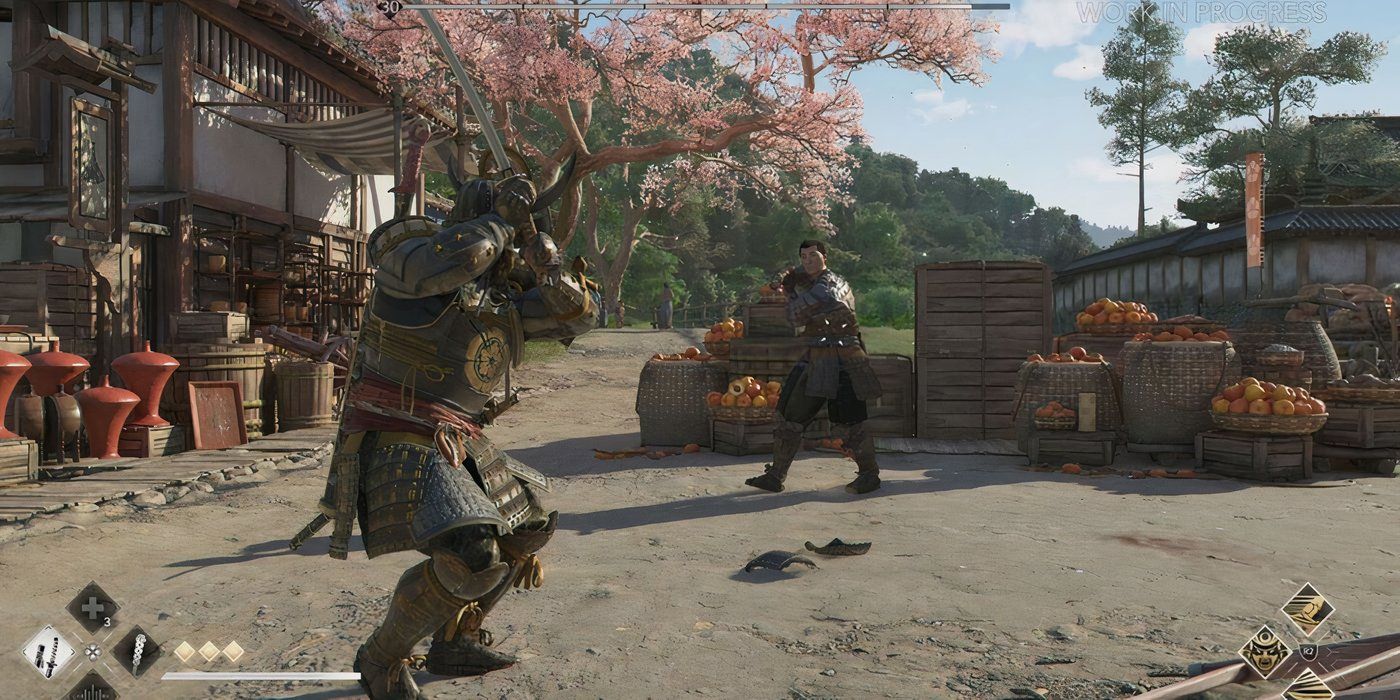
“As we accelerate the company’s transformation, this is a foundational step in changing Ubisoft’s operating model that will enable us to be both agile and ambitious,” Guillemot said. “We are focused on building strong game ecosystems designed to become evergreen, growing high-performing brands and creating new IPs powered by cutting-edge and emerging technologies.”
The irony isn’t lost on fans. Assassin’s Creed was born as a critique of control—Assassins fighting Templar oppression—yet this partnership risks handing the reins to a corporate giant known for aggressive monetization and censorship. Tencent’s ties to China’s government have long raised eyebrows; its games often comply with strict content rules, scrubbing blood or political themes. Could Assassin’s Creed’s mature narratives—think Unity’s French Revolution or Hexe’s rumored witch trials—be softened to fit Tencent’s markets? A 2024 Kotaku piece speculated that Jade’s Qin Dynasty setting might dodge historical nuance to avoid Beijing’s ire, a far cry from AC3’s bold take on the American Revolution.
Financially, Ubisoft needs this. Its stock hit a 10-year low of €13.50 in December 2024, per Reuters, amid layoffs and a failed $2 billion Vivendi buyout defense. Tencent’s cash staves off collapse, but at what cost? The Assassin’s Creed pipeline—Hexe (2026), Nebula, Raid—relies on this lifeline, yet fans fear a diluted vision. Shadows, with its $200 million budget, underperformed expectations (projected $300 million box office vs. Mario’s $1.36 billion), and posts on X like @GameRant’s “Shadows was a mess—Ubisoft’s lost the plot” reflect a fanbase losing faith. Tencent’s involvement might stabilize Ubisoft but push Assassin’s Creed into a mobile-first, profit-driven mold that betrays its roots.
Assassin’s Creed’s Crumble Will Be Tragic
Fans Are Already Grieving the Loss
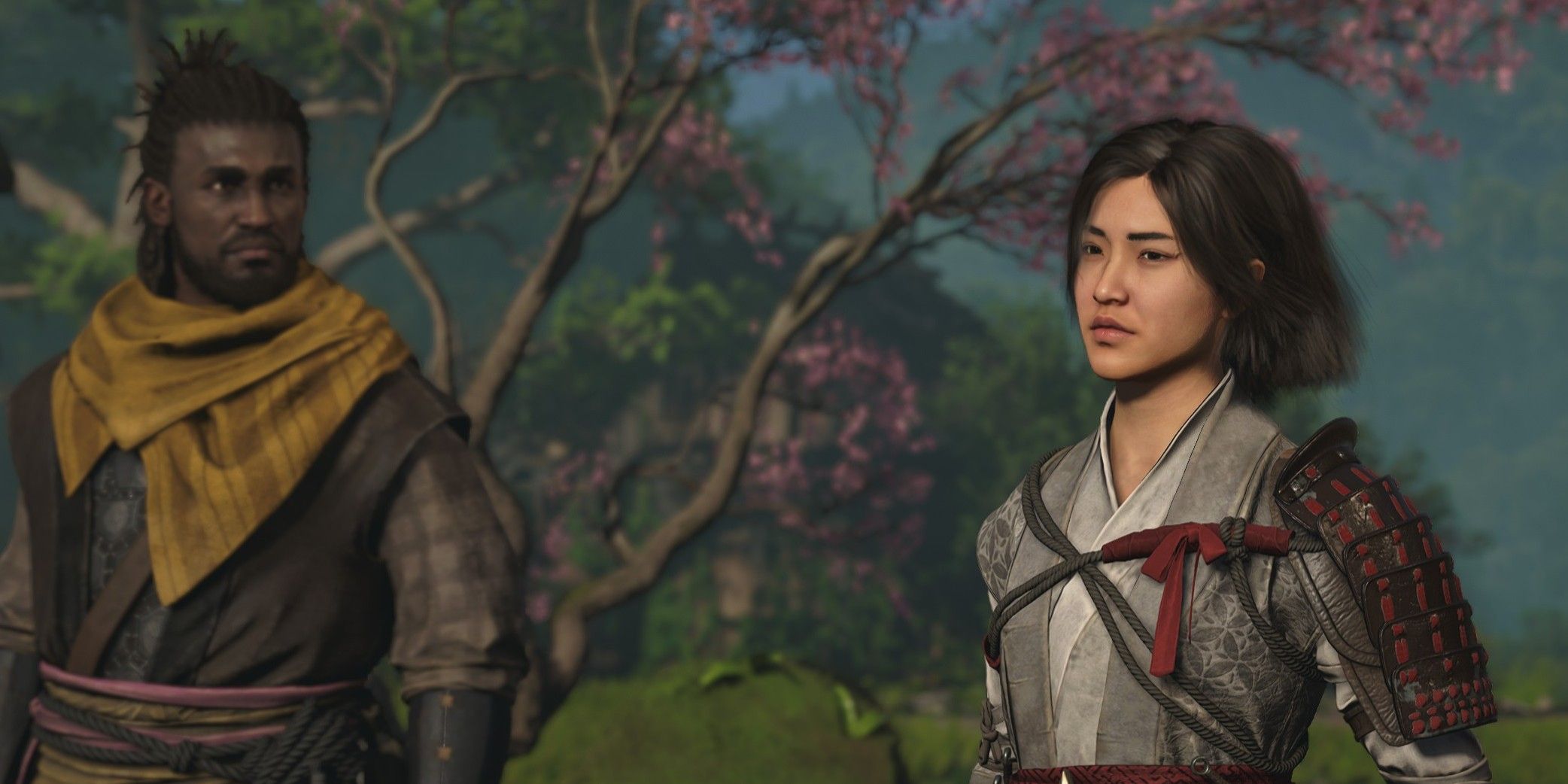
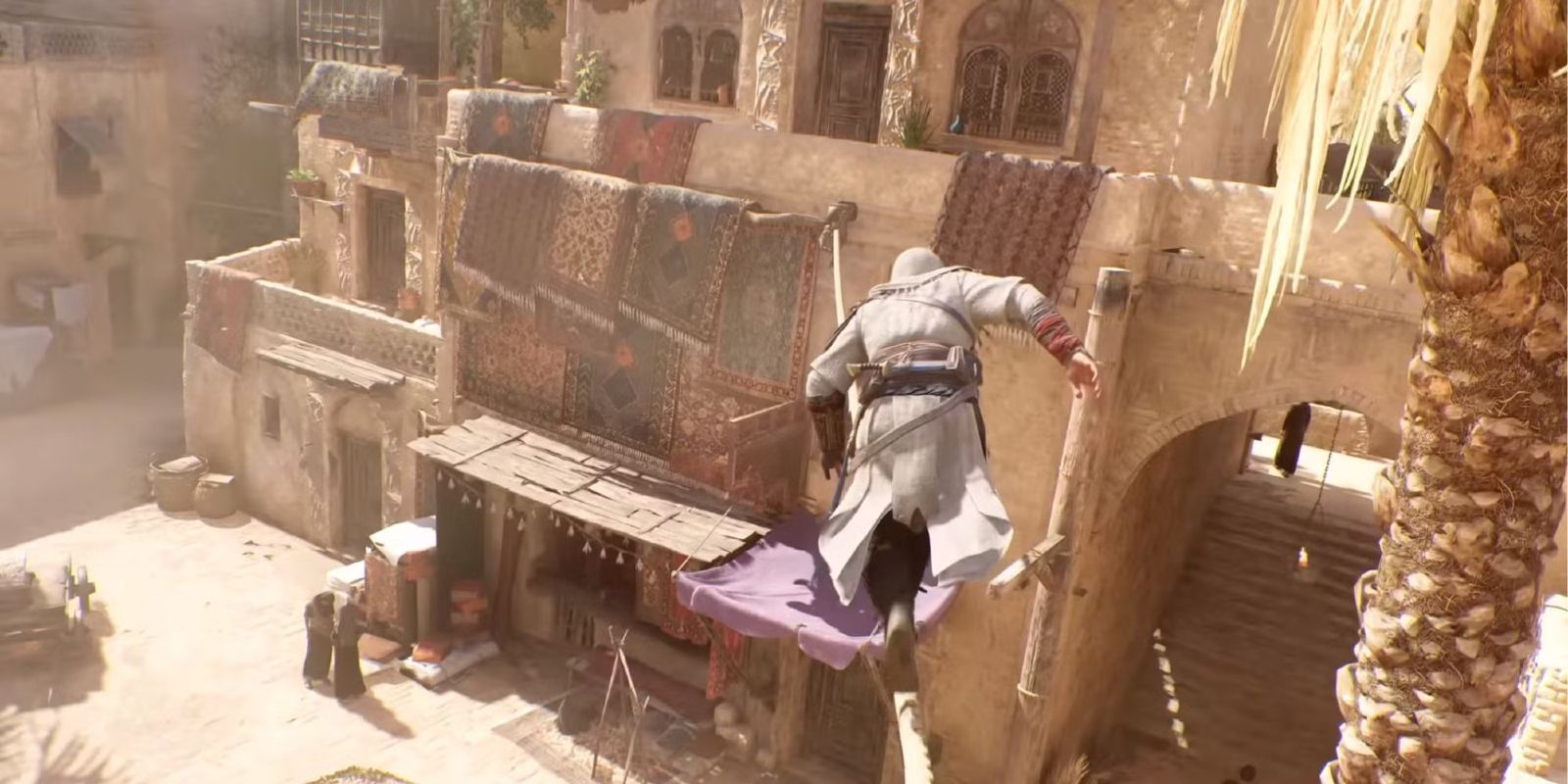
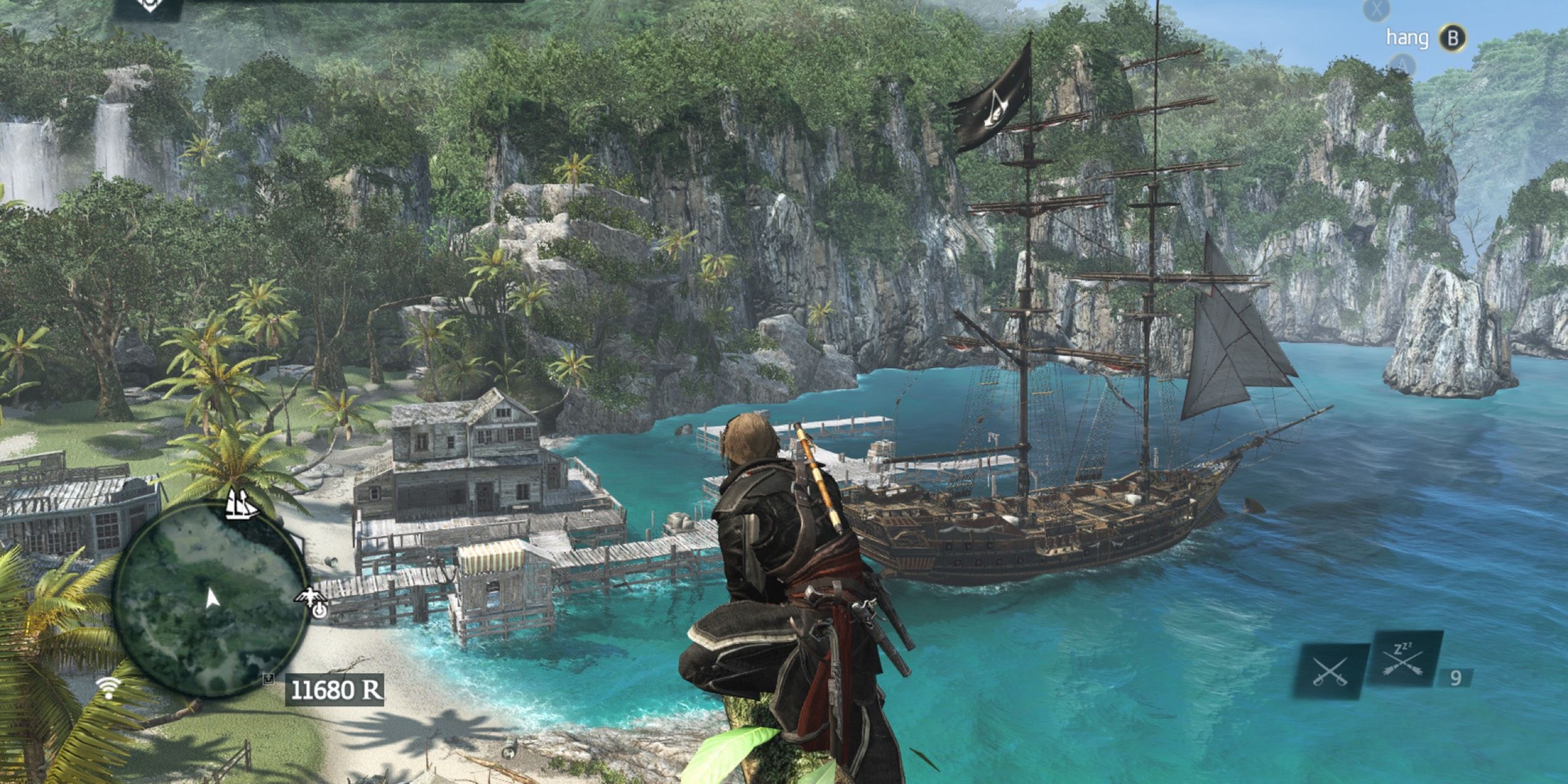





Ubisoft hasn’t known what to do with Assassin’s Creed for quite a long time, and this new deal is another glaring reminder of that. If anything, fans are already grieving the loss while it’s still here, as it’s the beginning of the end for the franchise. From now on, each game is going to be a complete shift in favour of these new models outlined in the subsidiary.
Historically, partnerships with Tencent have been a mixed bag. Riot Games (League of Legends) thrived under Tencent’s 100% ownership since 2015, raking in billions, but retained creative autonomy. Epic Games, with Tencent’s 40% stake, leaned into Fortnite’s live-service success, though some lament its shift from single-player roots. Ubisoft’s deal is less invasive—Tencent isn’t buying outright—but its influence could mirror Call of Duty Mobile, a Tencent triumph that prioritizes skins over substance. If Jade follows suit, Assassin’s Creed might trade its hidden blade for a cash shop.
Fan sentiment is split. On X, @EzioLover cries, “Tencent’s the Templars we’ve been warning about—AC’s done,” while @MobileGamerX counters, “Jade could bring millions of new fans—stop gatekeeping.” The series has survived pivots before—Origins’ RPG turn in 2017 revitalized sales after Syndicate’s slump—but Tencent’s scale feels different. A 2025 Eurogamer op-ed argued, “Ubisoft’s desperation might kill what made AC special: its heart.” The Animus Hub, meant to unify experiences, could become a storefront for Tencent’s microtransaction empire, with Invictus as the next test.
What’s next? Jade’s rumored late 2025 launch will be the litmus test. If it balances quality with monetization—like Genshin’s optional spending—it could prove doubters wrong. Invictus, potentially a multiplayer arena, might lean on Tencent’s servers and tech, aiming for a holiday drop. But whispers of a Black Flag remake slipping to 2026 (per Insider Gaming) suggest Ubisoft’s juggling too many blades. Web searches show Assassin’s Creed’s peak—AC2’s 91% Metacritic—feels distant, with Shadows at 78% signaling a slow decline. Tencent’s cash might fund ambition, but it risks turning a narrative titan into a live-service husk.
The paradox is stark: a partnership meant to save Ubisoft could doom Assassin’s Creed’s essence. Fans who cherish Brotherhood’s Rome or Odyssey’s Greece fear a future of paywalls and watered-down lore. Yet, if Ubisoft retains control and Tencent’s role stays supportive, this could be a renaissance—ironic, given AC2’s setting. For now, the Hidden Ones watch warily as Templar gold flows in. As @LoreMasterX tweeted, “Ubisoft sold its soul to Tencent, and AC might pay the price.” In 2025, the creed hangs in the balance—will it leap forward or fall to its end? Only the Animus knows.





